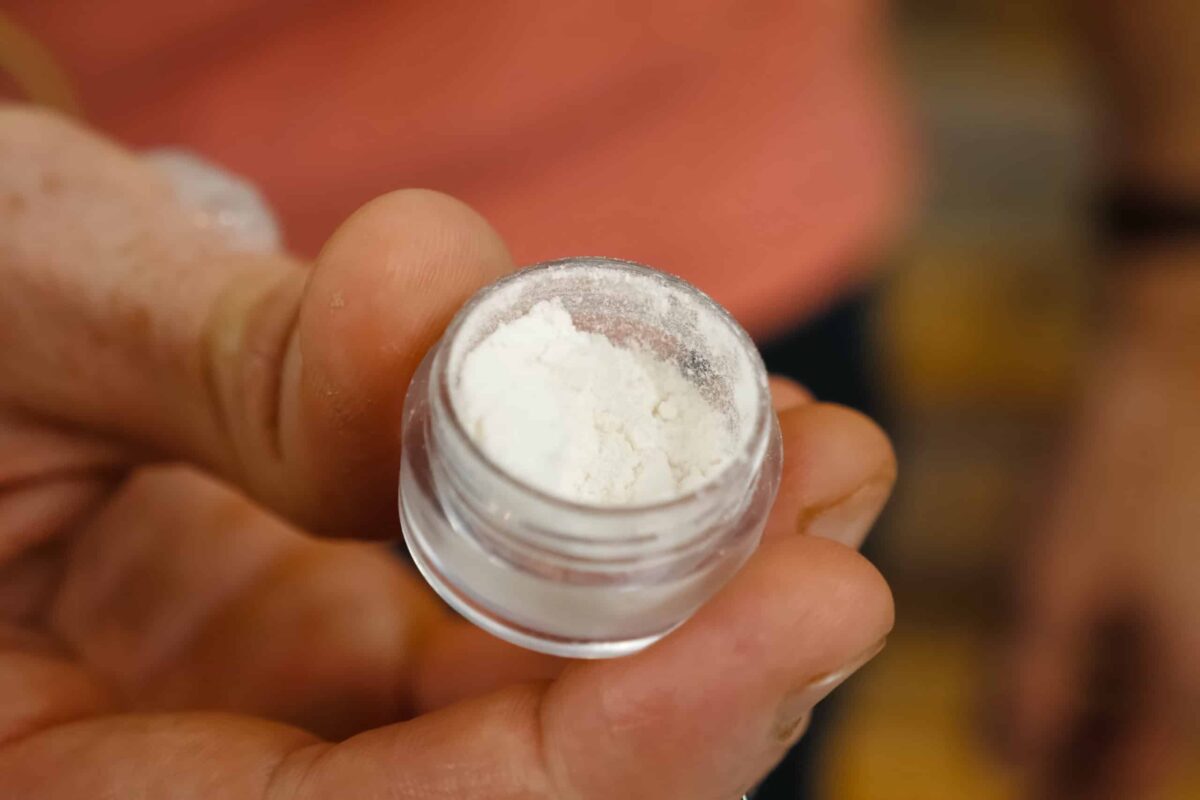What Is Mephedrone and Is It Addictive?
November 25, 2024

Mephedrone, also known as 4-MMC or by street names such as "Meow Meow" or "M-Cat," is a synthetic stimulant drug that belongs to the cathinone family. It gained popularity in the mid-2000s as a "designer drug" and was initially sold as a legal alternative to traditional stimulants like MDMA (Ecstasy) and cocaine. Mephedrone is chemically similar to amphetamines and cathinones, which are found in the khat plant, native to East Africa and the Arabian Peninsula.
What Does Mephedrone Do?
Mephedrone works as a stimulant, primarily affecting the brain's dopamine and serotonin pathways. These chemicals play significant roles in regulating mood, pleasure, and movement. When a person takes mephedrone, it increases the release of dopamine and serotonin, creating a feeling of euphoria, heightened energy, alertness, and increased sociability. Users often report effects similar to those of other stimulants, such as ecstasy or cocaine, with effects lasting around 3 to 4 hours.
Mephedrone can be ingested in various ways, including snorting, swallowing, or injecting, and it can produce both stimulant and hallucinogenic effects depending on the dosage.
Is Mephedrone Addictive?
Yes, mephedrone is addictive. Like many stimulants, it has a high potential for abuse and dependency. The drug affects the brain’s reward system, reinforcing the desire to continue using it, especially as users build tolerance, requiring larger doses to achieve the same high. This creates a cycle of use where the brain craves more of the substance, leading to psychological dependence.
Signs of Mephedrone Addiction
Individuals addicted to mephedrone may exhibit a range of behavioral and physical symptoms, including:
- Cravings: A strong, uncontrollable urge to use the drug.
- Increased tolerance: Needing to use more of the drug to achieve the desired effect.
- Withdrawal symptoms: Anxiety, irritability, fatigue, and depression when not using mephedrone.
- Risky behaviors: Engaging in dangerous activities, such as unprotected sex or driving under the influence, while using the drug.
- Neglecting responsibilities: Failing to meet obligations at work, school, or home due to drug use.
Health Risks of Mephedrone Use
Beyond its addictive potential, mephedrone poses significant health risks. Some of the physical effects include:
- Increased heart rate and elevated blood pressure, which can lead to heart attacks or strokes.
- Dehydration, which is often reported with other stimulants like ecstasy.
- Nausea and vomiting.
- Insomnia and restlessness, which can escalate into mental health issues.
- Paranoia, anxiety, and even psychosis with long-term or high-dose use.
Mephedrone also poses a significant risk of overdose, especially when combined with other substances like alcohol or other stimulants.
Legal Status of Mephedrone
Mephedrone was once sold legally in certain countries, marketed as a "research chemical" or "plant food" to avoid drug regulations. However, due to its addictive nature and dangerous side effects, it has been banned in many countries, including the United States and the United Kingdom. In the U.S., it is classified as a Schedule I controlled substance, meaning it is considered to have no medical use and a high potential for abuse.
Treatment for Mephedrone Addiction
If you or someone you love is struggling with mephedrone addiction, professional treatment is often necessary. At BriteLife Recovery, we offer a range of evidence-based therapies to address both the physical and psychological aspects of stimulant addiction. Our programs are designed to help individuals safely detox from the drug, manage withdrawal symptoms, and develop the skills needed to maintain long-term recovery.
Through a combination of individual therapy, group counseling, and holistic therapies, we help clients rebuild their lives and recover from the harmful effects of addiction.
Get Help Today
Mephedrone is a dangerous and addictive stimulant drug that poses significant health risks. While it may create feelings of euphoria and increased energy, it can lead to serious physical and psychological harm. If you or a loved one is struggling with mephedrone addiction, it's essential to seek professional help to break the cycle of dependence. BriteLife Recovery is here to provide the support you need on the path to recovery.Contact us today to learn more about our treatment programs and start your journey toward healing.
Tags: Substance Use Disorder

